Bosnia and Hercegovina might be the most difficult place we travelled through in Europe. Just because it is very different from our cultures being Swedish and British. It took us a little bit of time to understand certain things and to not misinterpret situations. BUT other of us absolutely fell in love with this beautiful country! So here is our little with survival guide for Bosnia-Hercegovina so you don’t have to go through the same rough beginning as we did.
Forget everything you’ve seen in media
Bosnia is an extremely safe country to travel in and we never had any issues. Many people asked us how we dared to travel in Bosnia as it is so dangerous. This is not the case at all. People are extremely friendly and helpful and we never felt unsafe.
People might seem hard at first
This was probably the biggest issues for me in the beginning. People looked very hard, and didn’t smile and was very short with us. But we quickly realised that you just need to give them a moment to warm up to you and then you will meet the friendliest people in Europe and be welcomed with open arms.
Language
English is not widely spoken (except for Mostar and Sarajevo), but people will be more than happy to speak with you anyway, in Bosnian. They will also help you even if they can’t express themselves in English. Most people do speak German though especially in the north and central parts of Bosnia, so if you do it will be easier for you. Make sure to try to learn a few phrases in Bosnian as this will be very positively received and people will warm up to you quicker, even if it’s just a Dobar dan (Hello) and Hvala (Thank you).
Food
We found the food in Bosnia-Hercegovina amazing. However, we did not eat many vegetables during our month there. We took vitamin supplement in Bosnia as we ate so few vegetables. The food is also very meat heavy so if you’re a vegetarian you might have issues. Especially outside big cities. Mostar was the only place we saw advertising vegetarian food.
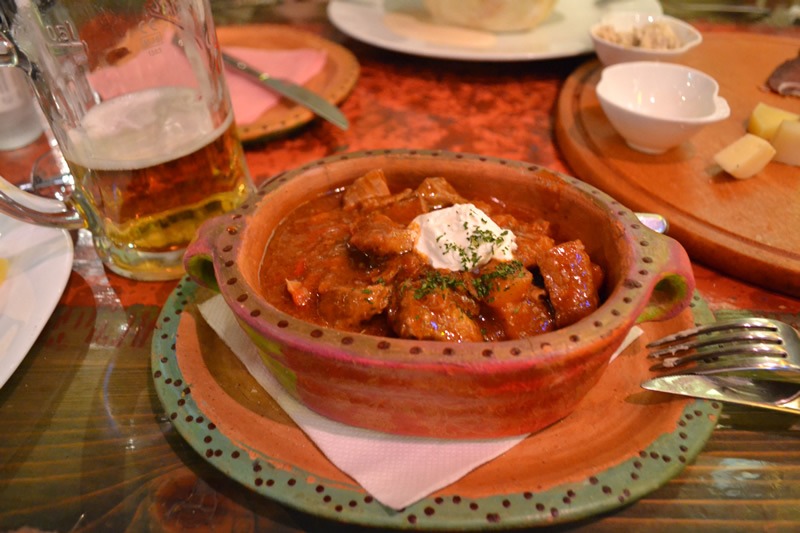
Travel around
Bus is king in Bosnia-Hercegovina. So if you’re going from A to B take the bus. It’s super easy and cheap. We loved going by bus in Bosnia, it was just an amazing experience. If there is no bus to where you’re going you can get a car, it’s cheap compared to western Europe. Prices start at 1.80km + 1km per km. If traveling long distances you can make a deal.
Bus schedules and tickets
Don’t try to check bus schedules online. They will most likely not exist and if they do, they might be old. Just head to the bus station or call them to get times. We always made sure to take a photo of the time table when we arrived to a bus station. We never bought a bus ticket in advance, the only time we tried they told us to come back just half an hour before the bus is supposed to depart. But if you really want to make sure you get on that bus, buy them the day before.
Ask the locals for the best food
Ask local people about recommendations for restaurants. There’s not a lot on the internet and the locals always knows best.
Cheapest parts of Bosnia-Hercegovina
Mostar and Sarajevo was much more pricey than the rest of the country. The cheapest areas was for sure north and central Bosnia. Check out all our travel guides for the places we visited in Bosnia-Hercegovina.
Get a Bosnian sim card
As Bosnia-Hercegovina is not part of EU, we made sure to get a Bosnian sim card when we arrived. Just head to one of the small kiosks in the city you’re in and they will most likely help you set it up, try to head to one where they speak English. It’s also very cheap so it won’t burst your budget, we paid 3.5KM for 1GB data for a week and free calls and texts within Bosnia. If you’re traveling through the country or to different areas, make sure to get a sim card that will work in the whole country, we used M Tel and never had any issues.
Alcohol
Alcohol is super cheap in Bosnia-Hercegovina, and the drinking culture is big. Beers and Soft drinks are usually the same price, or sometimes even cheaper. You will find people drinking in early mornings and on their lunch breaks, especially in smaller places. There is also a big Rakija (local home made spirits) culture, and everywhere we went there was a bottle of Rakija waiting for us, or we were welcomed with a shot – even if we arrived 10am.
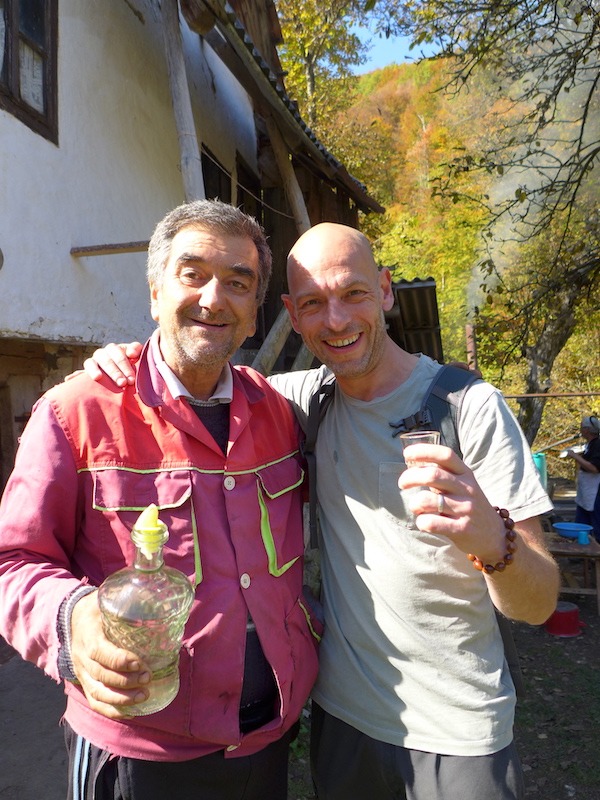
Ask for tap water
If you don’t ask for tap water they will bring bottled water. However tap water is always free and safe. So better for the earth and better for your wallet.
Ask people for help
If you have any issues, just ask someone around you. People are super helpful and want to give you the best experience possible in their country.
Bakeries
For the cheapest lunch – go to a bakery and get a burek. Bakeries are also open very late, so you can always get one.
Prices
Prices are in general much cheaper to western Europe and neighbouring country Croatia and Montenegro. You can always judge prices of a place checking the price of cevapi and coffee, the cheapest cevapi we had was 4.50km and about 7km in Sarajevo and Mostar. Coffee (espresso) should be maximum 2km – but we usually paid 1 (October 2018).
Make sure to head out to nature
Bosnia-Hercegovina has some of the most beautiful nature I’ve seen. It’s also very untouched. It is also very diverse, with mountains, forests, lakes, rivers etc. We headed out to a small village by Pliva river, which was just beautiful.
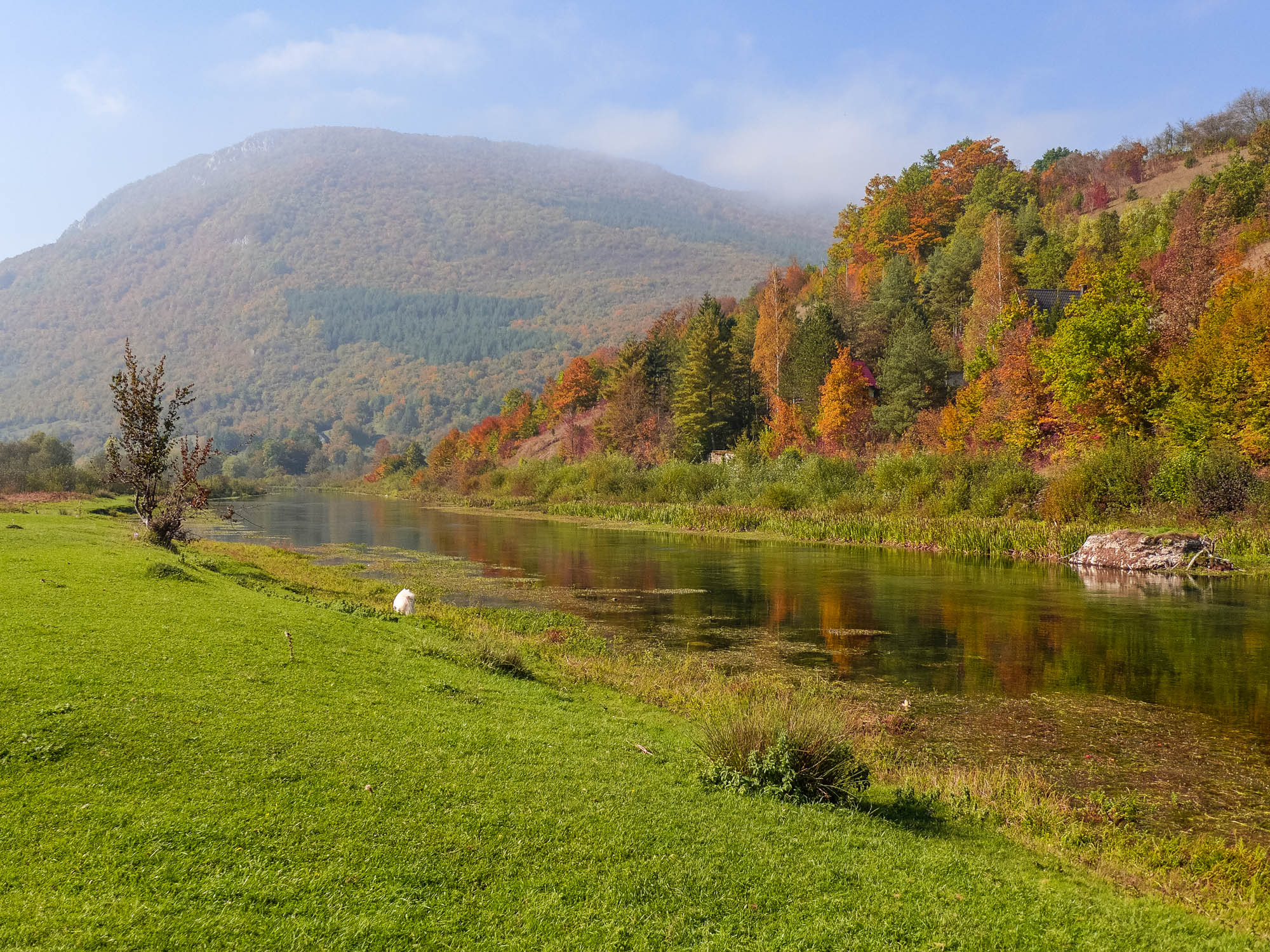
Be prepared for staring
Bosnia-Hercegovina doesn’t see many tourists, except for Mostar and maybe Sarajevo. So people will stare a bit at you. Some will also come up to you and ask where you’re from and why you’re here etc. But it’s all in a very nice way. We never felt uncomfortable.
More Bosnia and Herzegovina!
Make sure to see our Bosnia and Herzegovina page with all our travel tips, travel map and all our blog posts about Bosnia and Herzegovina.
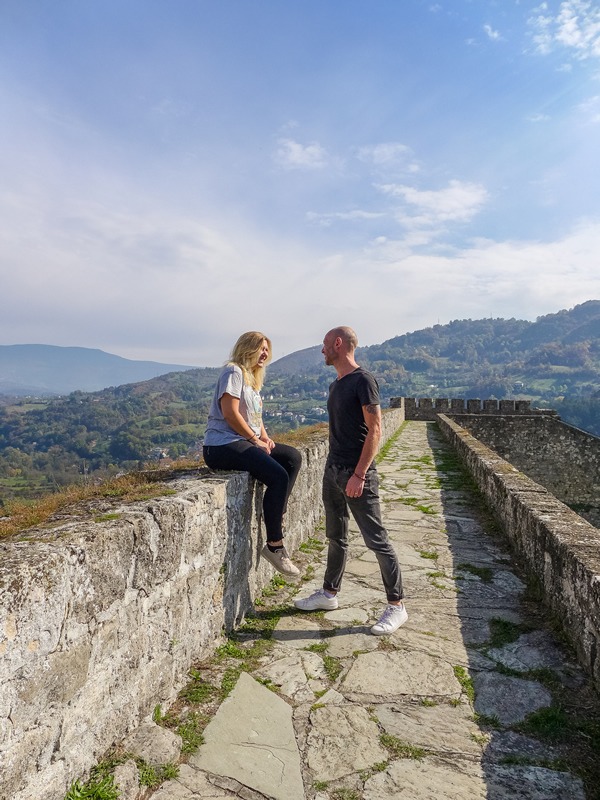
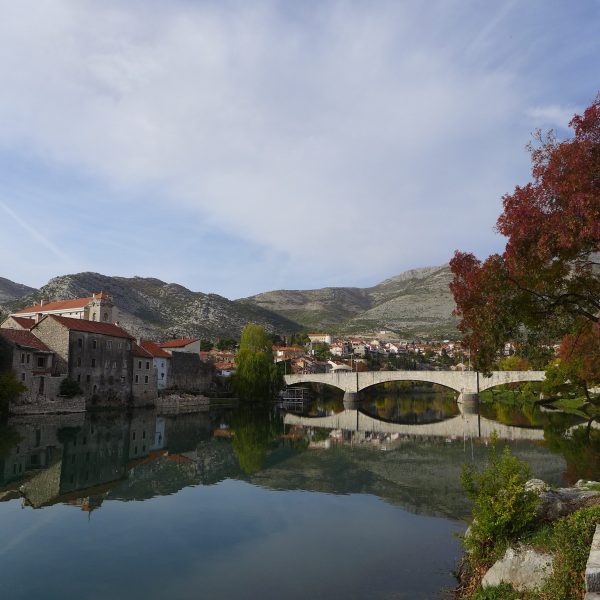
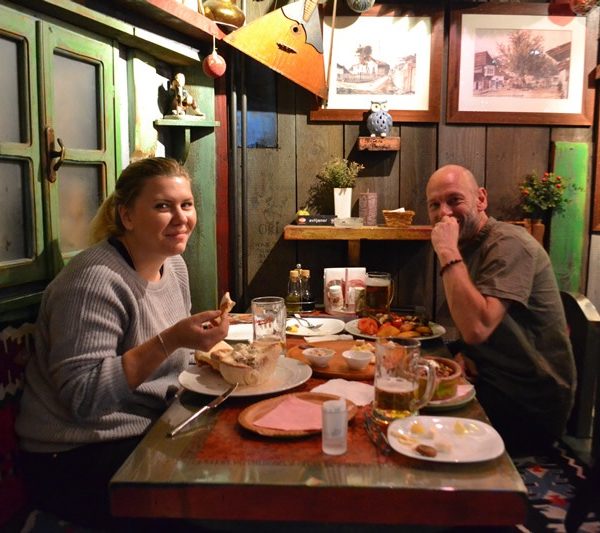
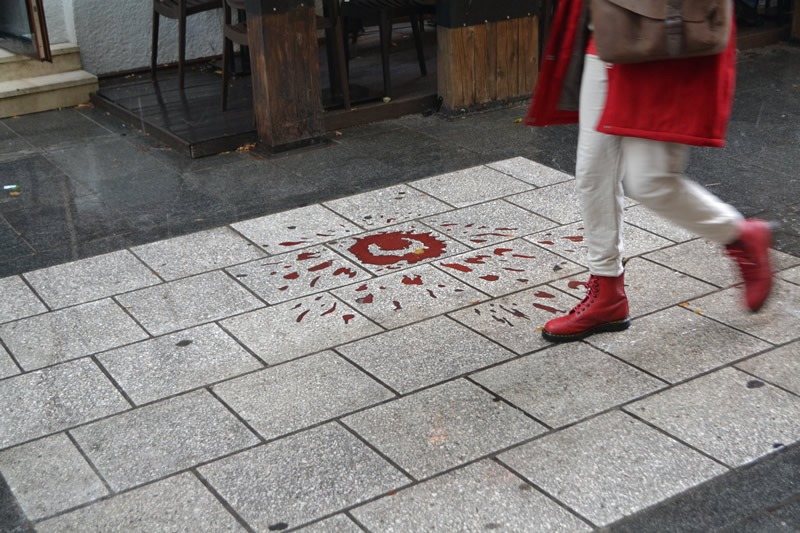
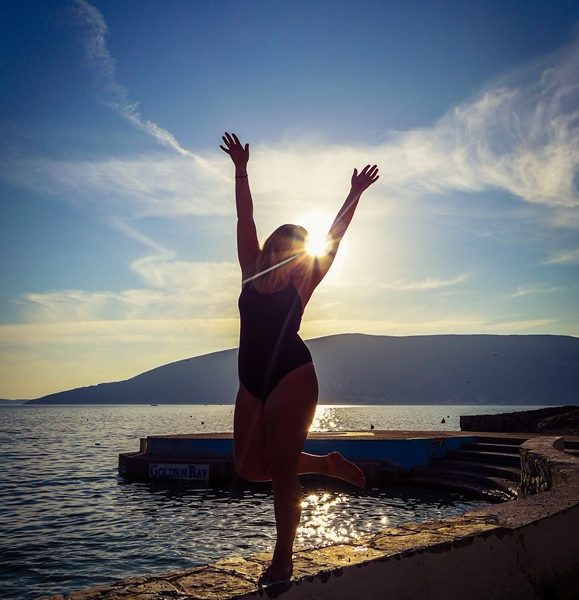
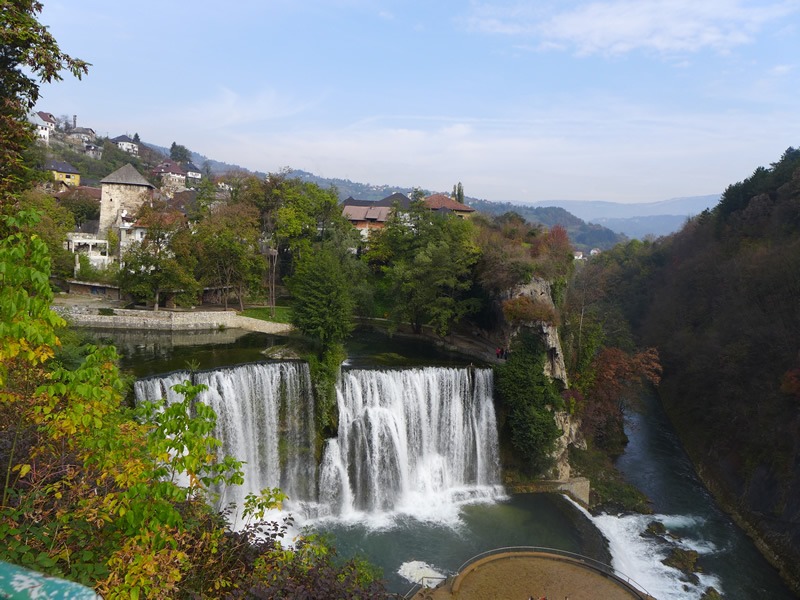
Leave a Comment